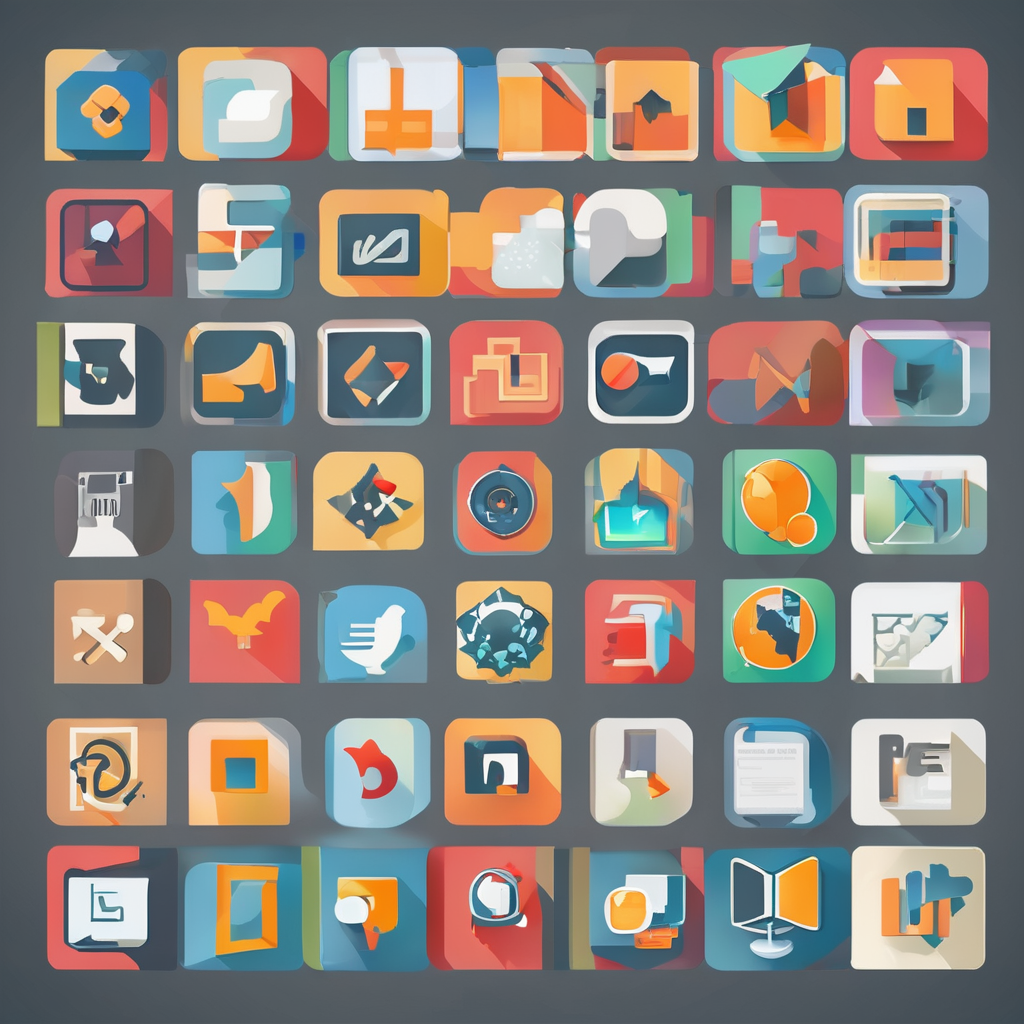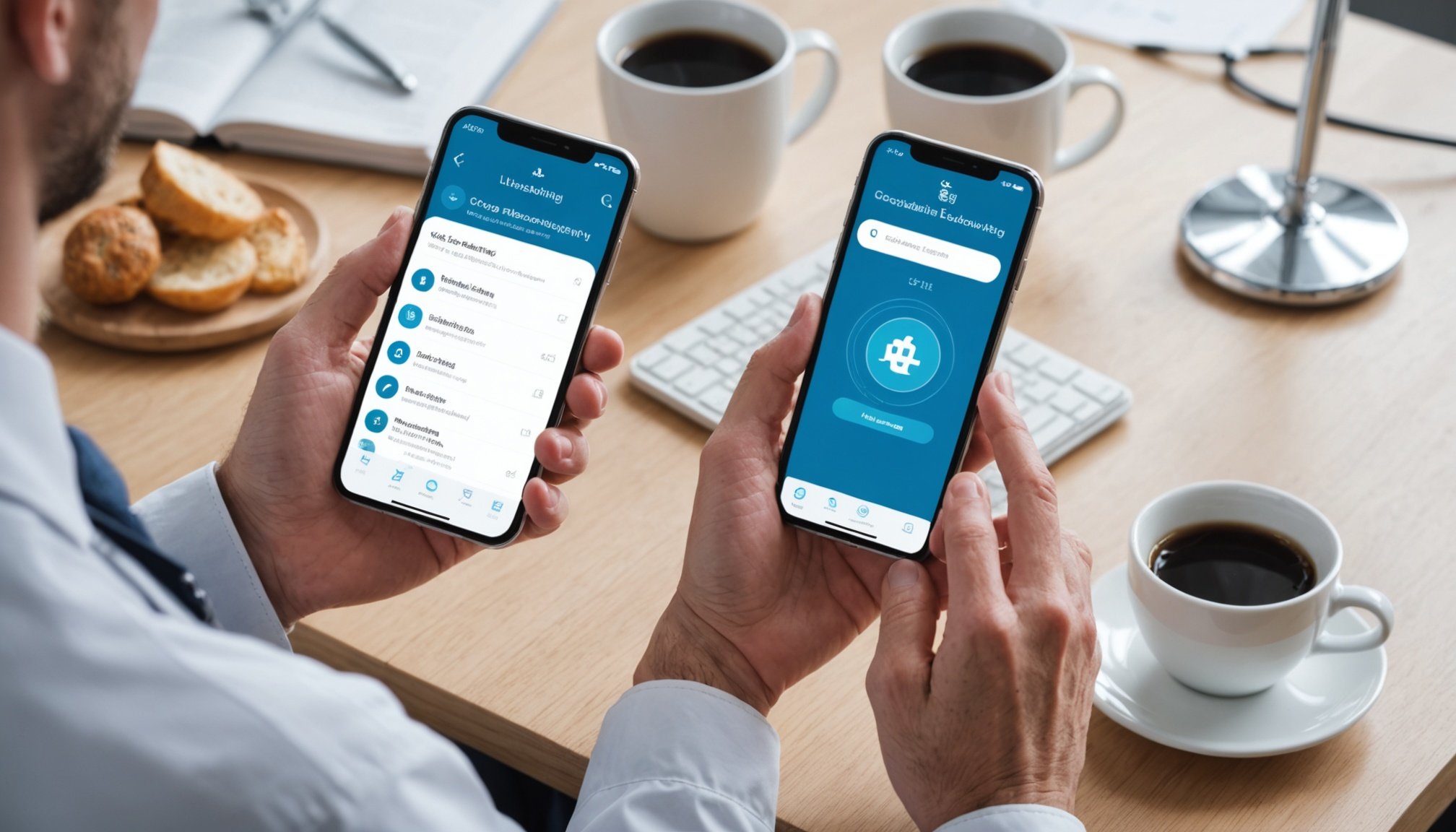Current Trends in UK Healthcare Apps
The UK healthcare market is witnessing a surge in healthcare apps trends, driven by technological advancements. One prominent trend is the integration of voice recognition technology. This technology is revolutionising the way developers build applications, facilitating more natural and efficient user interactions. As users become accustomed to speaking with their devices across various platforms, incorporating voice interfaces into healthcare apps provides a seamless experience.
Voice recognition technology in healthcare doesn’t just enhance convenience; it boosts user engagement. Patients are demonstrating increased adoption rates due to the intuitive interface, making it easier for them to input data, receive information, and follow medical instructions. Additionally, healthcare professionals benefit from streamlined processes as tasks such as data entry or patient monitoring become automated.
Have you seen this : Securing Mobile Payments: Vital Tactics for Gig Economy Professionals in the UK
Recent innovations highlight the significance of voice recognition within healthcare apps trends. Through voice interfaces, apps can offer personalised healthcare experiences tailored to individual needs. This functionality aligns with the broader goal of digital health to create more accessible healthcare solutions. As voice technology continues to evolve, its role in healthcare apps is set to expand, playing a crucial role in enhancing communication and efficiency in the UK healthcare system.
Effective Strategies for Voice Recognition Integration
Implementing voice recognition integration in healthcare apps presents numerous advantages. Identifying key areas where this technology adds value is critical. Firstly, tasks such as patient data entry and appointment scheduling benefit from automation, reducing manual workload and errors. Another strategic area is patient interaction, where a conversational interface enhances engagement by allowing users to relay symptoms or instructions naturally.
In the same genre : Revolutionizing UK E-Commerce with Real-Time Fraud Detection: Unleashing Machine Learning Power
Seamlessly integrating voice technology requires adhering to best practices. To ensure a smooth technology adoption in healthcare, developers should focus on designing intuitive interfaces compatible with existing systems. This might involve cross-platform functionality, ensuring the technology works uniformly across different devices. Additionally, attention should be given to training and support structures. App developers and healthcare professionals need adequate training in the new systems, ensuring they utilize the technology efficiently.
Developing a support infrastructure that addresses user queries and technical issues promptly is also essential. This not only aids in troubleshooting potential problems but also fosters user confidence in adopting the technology. Strategies for healthcare apps, therefore, must be comprehensive, addressing both technical integration and the human aspect of technology usage to maximize the potential of voice recognition in healthcare.
Case Studies of Successful Implementations
Examining voice recognition case studies offers valuable insights into its transformative role in healthcare apps. A notable example is the NHS’s digital health initiatives, where voice recognition has enhanced patient interaction and administrative tasks. This integration has streamlined processes, reduced workload, and facilitated healthcare app examples that prioritize efficiency.
Lessons from these implementations highlight key strategies for successful integration. For instance, ensuring robust data privacy and security measures has been pivotal in gaining user trust. Additionally, collaboration between developers and healthcare practitioners ensures that the technology aligns with clinical workflows, enhancing successful technology integration. Moreover, comprehensive training and user support systems foster higher adoption rates, overcoming potential resistance from users.
The impact on patient care and user satisfaction is notable. Users report easier access to health information and services, while clinicians experience improved workflow efficiency. This dual benefit has not only boosted engagement but also set a precedent for future innovations in the UK healthcare market. These case studies underscore the importance of thoughtful planning and execution in deploying voice recognition technology in healthcare, ultimately contributing to a more responsive and efficient healthcare system.
Overcoming Potential Challenges
The integration of voice recognition technology in healthcare apps has offered many benefits, but it’s not without its challenges. Common challenges in healthcare technology include data privacy concerns and technical compatibility issues. Voice data needs to be securely handled to comply with health regulations, ensuring patient trust. Ensuring compatibility across various devices and systems can be a voice recognition barrier, requiring meticulous coordination between developers and healthcare facilities.
Addressing these obstacles requires innovative solutions. For instance, employing advanced encryption techniques can safeguard sensitive information, mitigating privacy risks. From a technical standpoint, developing cross-platform solutions ensures that applications maintain consistent functionality across different healthcare systems and devices.
Overcoming app development obstacles also necessitates an understanding of user needs and behavior. Building intuitive interfaces and providing comprehensive training can foster acceptance among healthcare professionals and patients. Furthermore, proactive community engagement and continuous feedback loops integrate user input, enhancing the usability and relevance of the apps.
By focusing on these strategies to foster acceptance, developers and healthcare practitioners can better address the challenges posed by voice recognition technology, transforming these potential roadblocks into drivers of innovation within the UK healthcare market.
Benefits of Voice Recognition in Healthcare Apps
Voice recognition technology offers significant advantages in healthcare apps, greatly enhancing patient engagement and communication. By simplifying the way patients and healthcare providers interact with digital platforms, voice interfaces create a more intuitive experience. This ease of use allows patients to effortlessly access their health information and engage more actively in their own care, thus boosting patient engagement.
Moreover, voice recognition facilitates streamlined communication between healthcare providers and patients. Tasks such as scheduling appointments, monitoring health parameters, and detailing symptoms become more straightforward, improving the overall efficiency of healthcare service delivery. This not only optimises providers’ time but also enhances their ability to deliver personalised care.
For healthcare professionals, the integration of voice technology leads to enhanced efficiency. Automating routine tasks reduces the administrative burden, freeing up time for more critical patient interactions. Regulatory compliance is another area where voice recognition can be beneficial. Advanced voice systems can integrate with health information systems securely, ensuring that sensitive data is handled in compliance with strict health regulations. This improvement in data management further enhances trust and accountability in healthcare services.
The deployment of voice recognition in healthcare apps thus represents a significant stride forward in improving patient care and operational efficiency.
Future Trends in Healthcare Technology
As we peer into the future of healthcare apps, the role of emerging technologies like voice recognition future appears increasingly pivotal. Predictions highlight an expanded function of voice recognition in enhancing patient and provider interactions. This involves not only supporting routine tasks but also enabling more personalized patient care experiences through advanced AI-driven analysis of voice data.
In the arena of emerging technologies in healthcare, the ability to fine-tune voice recognition capabilities is set to transform services. Future applications envisage real-time monitoring and diagnosis, where voice data can detect subtle changes in a patient’s health status, offering timely medical interventions. This shifts healthcare towards a more proactive and preventive approach.
The implications for the UK healthcare system are substantial. Voice recognition is anticipated to play a significant role in reducing administrative burden, optimising treatment plans, and improving care delivery efficiency. The continuous evolution of these technologies requires staying abreast of innovations and potential challenges, ensuring seamless integration into everyday clinical practices.
In sum, voice recognition is evolving from supplementary technology into a cornerstone of healthcare innovation, orchestrating a move towards bespoke, efficient, and smart healthcare solutions. Exploring these developments remains crucial for stakeholders aiming to leverage technology for improved healthcare outcomes.










